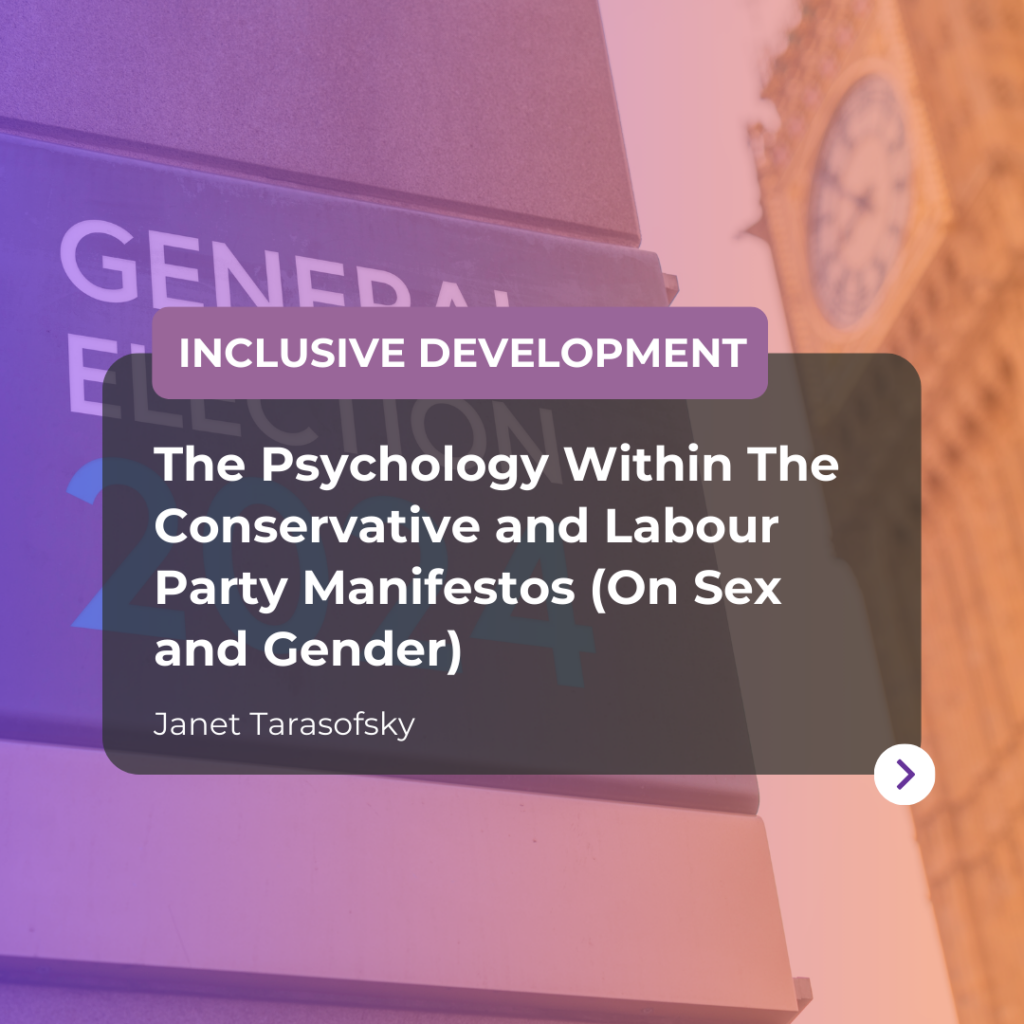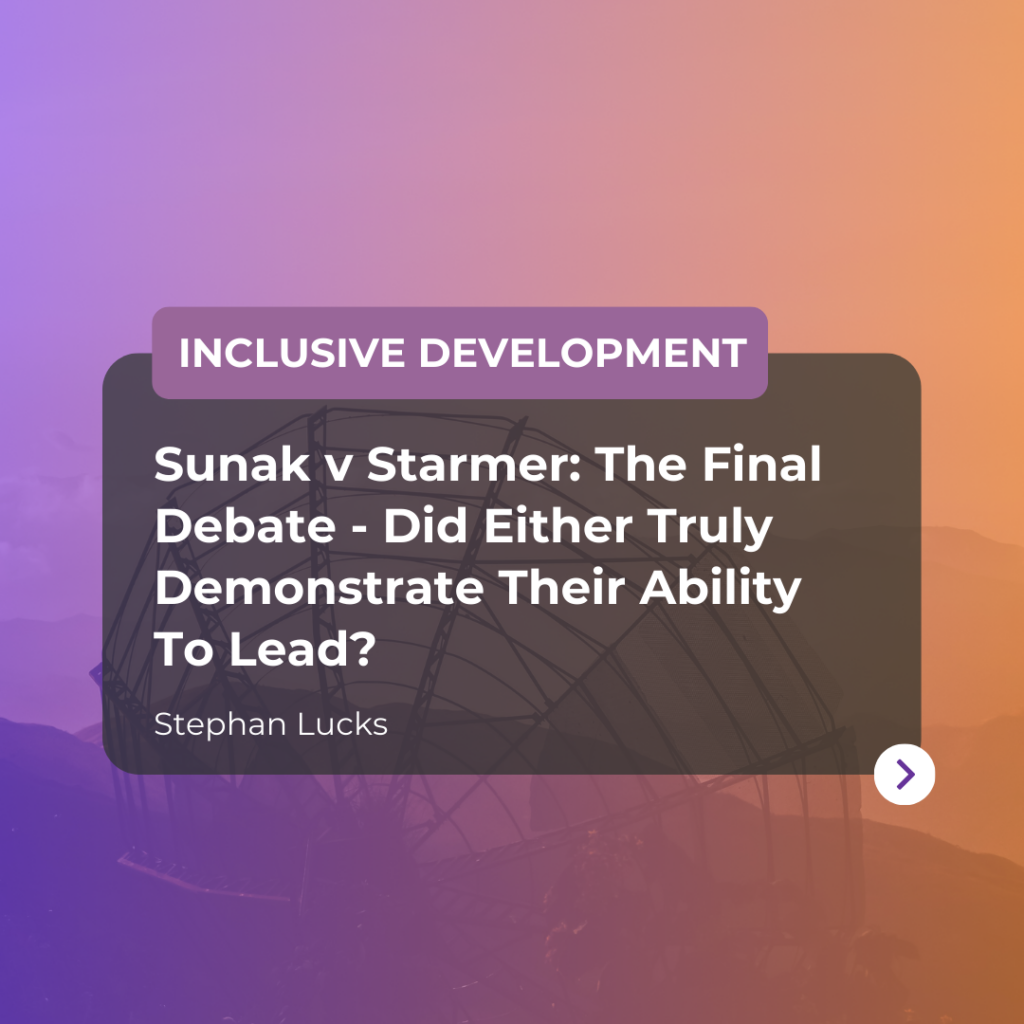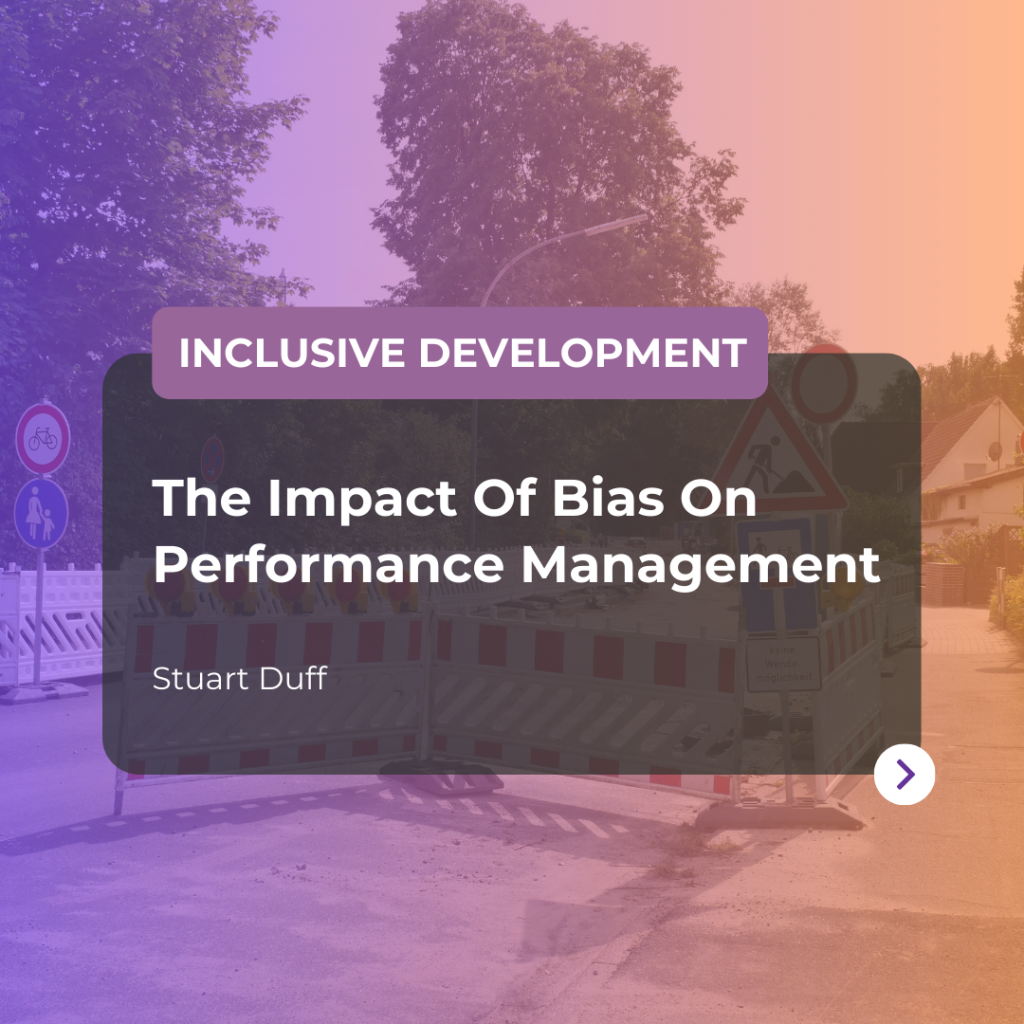As tonight kicks off the first of the national leadership debates for the upcoming general election on July 4th, we thought it would be a perfect opportunity to offer an immediate assessment of the leadership of each major UK political party. Sunak v Starmer: The ITV Debate will be the first of several opportunities for party leaders to convince us of their ability to lead the country.
Perceptions of party leadership are, not surprisingly, an important factor when deciding on how we will vote. Research looking at the long-term voting habits of men and women in the UK and US demonstrates that many voters will change their voting decisions and move to a different party if they feel that the leadership of one party is more effective than any other.
As experts in leadership assessment, we have drawn on our knowledge of effective leadership behaviour, combined with insights from research into voting habits, to identify three critical leadership competencies. Throughout the debates, we will use these to rate each of the leaders and offer a final verdict.
The Core Party Leadership Competencies
While we prefer to see ourselves – and our voting habits – as rational and informed, often our decision will hinge on unconscious judgements and preferences for different leadership figures.
A recent illustration of this is the impact that Boris Johnson had during the 2019 election campaign. His dynamic, charming, charismatic and magnetic qualities of communication were enough to convince many Labour voters to ‘turn blue’ and vote Conservative. There was arguably little by way of detail or substance to the plan – other than the mantra of ‘get Brexit done’ – but it was enough to change the hearts and minds of many Labour supporters.
So, what is it that we look for in our political leaders? What star qualities do we need to see in party leaders that will shape our voting habits?
At the heart of our judgement of a leader lies trust. Can we trust this person to act in line with their words? Can we trust them to deliver on their promises? Can we trust them to be the person they say they will be, whether in front of the camera or behind the door of Number 10?
Building this trust in leaders stems from a mixture of emotional connection and competence. We will be using the following key leadership competencies to rate each leader’s performance in the debate:
1. Capability to deliver results
This is a critical factor in whether we will back a leader or not. We will hear many policy promises over the next few weeks, but which of these do we believe will be delivered? How competent do we believe the leader to be? Will they keep their promise? Are they decisive? What are their principles? How clearly can they express a policy? And with how much conviction do they share the policy?
2. Positive personal impact
When we listen to a leader, we hear their tone and body language as much as their words. We build trust in them because what we see aligns to what we hear. We want to vote for a leader who is not just competent, but is authentic, considerate, caring, able to listen and someone who understands a diverse range of views and opinions. They are modest rather than arrogant in approach.
3. Shares a clear and compelling vision
The ability to paint a better, brighter future is critical in party leaders. Of course, all party leaders will promise a better future, but who can share that vision in a clear, inclusive, coherent and compelling way? Whose vision will connect most strongly with a diverse audience? Who is specific and believable about what will be achieved in the future?
When are the general election debates?
- Tuesday 4th June, 9pm, ITV
Rishi Sunak, Keir Starmer - Friday 7th June, 7.30pm BBC1
Leading figures TBC from Conservatives, Labour, Liberal Democrats, SNP, Plaid Cymru, Green Party, Reform UK - Thursday 13th June, 8.30pm ITV
Leading figures TBC from Conservatives, Labour, Liberal Democrats, SNP, Plaid Cymru, Green Party, Reform UK - Thursday 20th June, 8pm, BBC1
Rishi Sunak, Keir Starmer, Ed Davey and John Swinney - Wednesday 26th June, 9pm, BBC1
Rishi Sunak and Keir Starmer
We’ll be closely watching each debate and measuring each representative’s demonstration of leadership against our three core competencies outlined above. Keep an eye on our LinkedIn page and website following each debate to see our verdict, and share with us who you think won after each debate.








